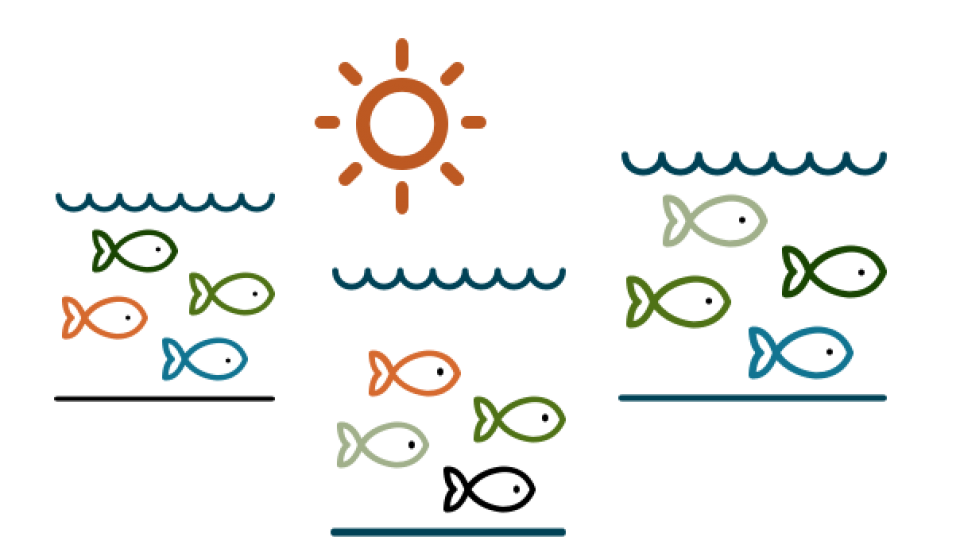Overview
The aim of this project was to re-establish research infrastructure at pearl farms and spat collecting communities in Fiji to help re-establish oyster supply to the industry.
Commercial pearl production in Fiji relies on collection of juvenile oysters or ‘spat’ from the wild by deploying ‘spat collectors’ that provided a substrate to which pearl oyster juveniles attach and can later be harvested. This activity engages local communities that sell juvenile oysters to pearl farms.
In late February 2016 Cyclone Winston caused significant damage to pearl farming infrastructure across a broad region of Fiji affecting oyster supply to the cultured pearl industry. Continued revenue from oyster sales or from pearl production was a key component allowing farmers to rebuild their farms and to retain pre- cyclone participation levels in the industry.
Outcomes
Project staff worked closely with Fiji Fisheries and consulted with pearl farmers to determine the infrastructure required by them to best assist their recovery. Farmers primarily requested spat collectors and associated equipment (floats, ropes and anchors) as well as oyster culture equipment (nets). Equipment was sourced (from China) and equitable distribution among pearl farmers was agreed with Fiji Fisheries. Fisheries officers working with project staff distributed and deployed the equipment to six pearl farms in Viti Levu, Vanua Levu and Taveuni and two spat collecting communities. Deployment of this equipment was effective in improving supply of pearl oyster spat to the Fiji pearl industry and improved spat supply to a level beyond that prior to Cyclone Winston. For example, the spat collectors supplied during this project potentially support the collection of more than 850,000 oysters from one deployment, a figure that is 3-4 times the number of oyster currently under culture in Fiji. As well as addressing an immediate bottleneck to oyster supply and income generation from spat collection, this rapid and targeted response provided a basis for sustainable development of an industry that is becoming increasingly important in supporting livelihoods in rural areas of Fiji.





